Scaling irrigation for small-scale producers: the role of private sector solutions
Climate change is already hitting the world's poorest regions hard: millions of people in Sub-Saharan Africa (SSA) currently rely on rainwater to grow their crops, with extreme climate events increasingly threatening their resilience. This is where small-scale irrigation comes in. By helping farmers both cope with severe droughts and sell produce in dry seasons at higher prices, irrigation delivers improved productivity (+50-400% increase in yield vs. rain-fed), increased income (+100-350%), and improved food security (+25% available calories).
Yet, irrigation in SSA lags far behind global averages (2-5% of cropland vs. 20%), mainly due to the high operating and acquisition costs of available irrigation solutions (manual and motor pumps). Fortunately, innovative technologies (solar-powered pumps) and business models (PayGo and irrigation as a service) have recently emerged to overcome this affordability barrier. While still in early stages, such innovations have the potential to bring irrigation to an estimated 20-30M SSA households without jeopardizing long-term water resources.
In our joint report with our partner ISF Advisors (funded by the Bill & Melinda Gates Foundation), we have explored the current state and future potential of small-scale irrigation, articulating the investment and activities required to scale irrigation technology for farmers, and identifying opportunities for donors and investors to catalyse further investment in this sector.
Full report⎥Summary report⎥Webinar
Blog 1: overcoming the challenges of building a holistic model and providing market access
Mobile irrigation as a service with bodaboda riders in Uganda (Agriworks)

